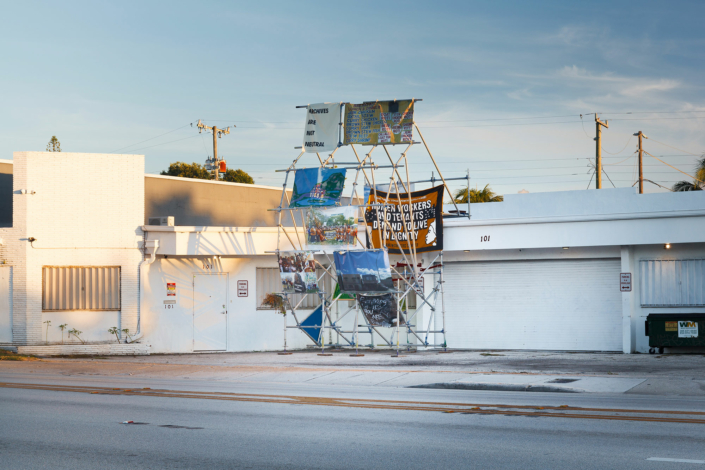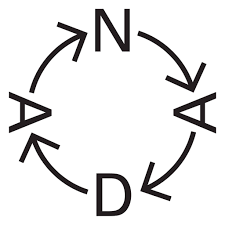Fragments of Anticipated Nostalgia
Dimensions Variable (DV) presents a solo project titled Fragments of Anticipated Nostalgia by Ayesha Singh. The exhibition opens on June 25 and runs through September 10, 2022 in the Project Gallery.
What if we begin to see nostalgia not as something of the past but one that is unfolding in the present that we live in? A feeling that the reality we see today may not be there tomorrow. Living in a city such as Delhi, with its confluence of cultures, religions, and identities, artist Ayesha Singh often found herself experiencing what she refers to as anticipated nostalgia, a state that perceives the present and the future through the prism of loss and disappearance.
With drawings, sculptures, and installations inspired by architecture and collective memory, Singh speaks of contemporary reality as one, that is, extremely volatile to changing political conditions of the world. For Singh, architecture is at the core of her inquiry, especially in its ability to embody transitions of time and history across reigns and disasters. It is, for her, also the space of deep contestation prone to historical revisions catering to the ones that hold power.
Fragments of Anticipated Nostalgia brings together instances from Singh’s multiple artistic inquiries to speak of current histories in all their possibilities and contradictions. They are inspired by the rapidly changing urban landscape of Delhi that is reorienting its past whilst inventing new and singular trajectories of belonging. These shifts include finding new historical heroes, renaming the central roads of Delhi, and demolishing monuments across the country as they pose it as finding true roots of cultural heritage.
Amid these cultural and political contingencies, Singh uses paper, metal, and scaffold structures to propose a hybrid space of memory that simultaneously speaks of history, its loss, and potential retrieval. In a time where India is preoccupied with building a singular national narrative, Singh reminds us of the potentiality of whispers when there isn’t much room for speech.
Srinivas Aditya Mopidevi
New Delhi, 2022
Ayesha Singh
Ayesha Singh’s (1990, lives in New Delhi) practice subverts socio-political hierarchies and highlights the assertion of established systems of power in architecture. Video, sculpture, installation, performance and drawings create sites of discourse and record, to question the assumed permanence of buildings and the histories omitted during construction, restoration and destruction. The works aim to flip these narratives through critical spatial interventions that emphasize collaboration and coexistence.
Singh has exhibited solo and group shows at Palazzo Madama – Museo Civico d’Arte Antica, Turin, Italy; Academy of Fine Arts Vienna, Austria; Yorkshire Sculpture Park, UK; Museum of Sichuan Fine Arts Institute, Chongqing, China; Sculpture Park Jaipur, Nahargarh Fort, Rajasthan, India; and University of Cambridge, Cambridge, UK, to name a few. Singh was awarded the Emerging Artist of the Year award from India Today (2020); the Ellies Creator Award from Oolite Arts (former Art Centre/South Florida), USA (2018-19); the Civil Society Institute Fellowship at Vermont Studio Centre, USA (2018); and the Science & Culture Initiative Grant from the University of Chicago and the School of the Art Institute of Chicago(2017-18). Her work has been published in Art Review, Hyperallergic, Architectural Digest, Art India, Burnaway, Public Parking, Domus, and Stir to name a few. Her work is a part of notable public collections including the Yorkshire Sculpture Park, UK; The Burger Collection, Hong Kong; and the Partition Museum, Amritsar, India.
In a country with little to no governmental or institutional support for the arts and with limited opportunities, Singh is determined to create spaces for community interaction, alternative methods of knowledge-sharing, and guidance. She is the co-founder of Art Chain India- a peer-support movement for visual artists living and working in India that is driven by the potential for localized assistances and commonalities to create global solidarities within artist communities, to challenge opacities within which systemic hierarchies thrive. This is a movement that seeks to exist beyond the uncertainties of today, to cultivate a politics of autonomy and collaboration, and to de-center conversation, economy and resources.














